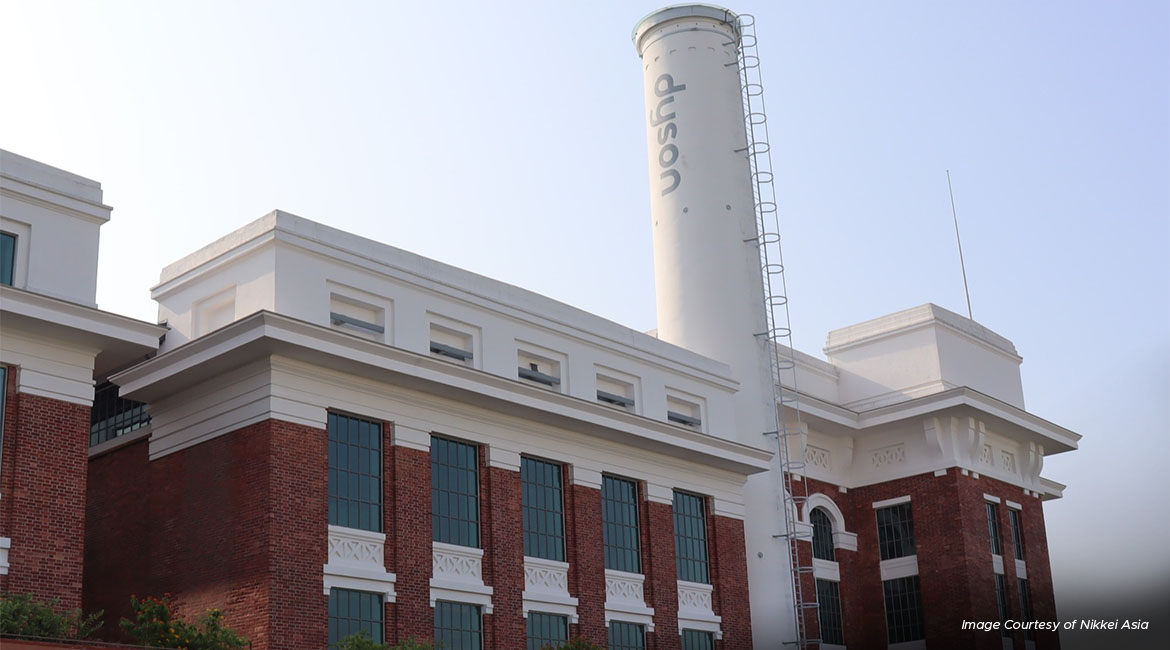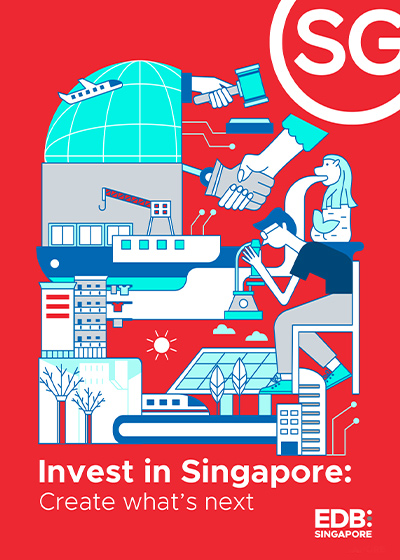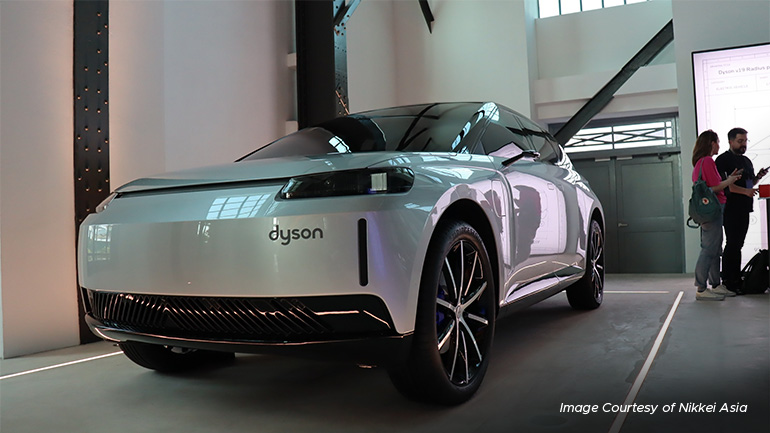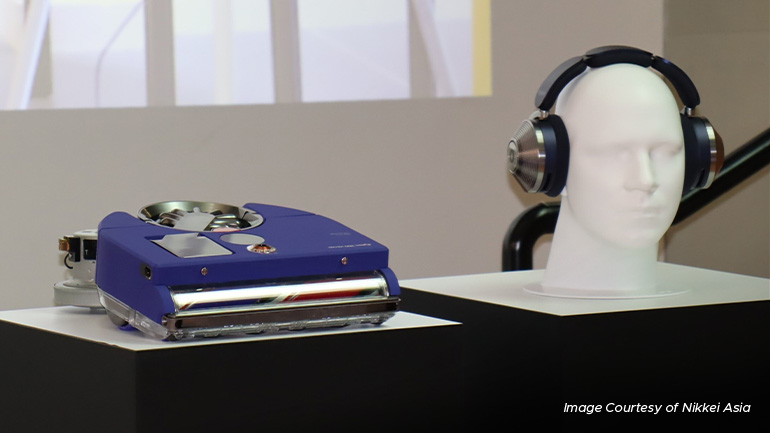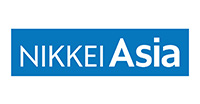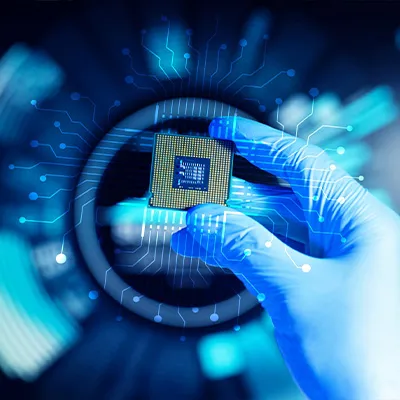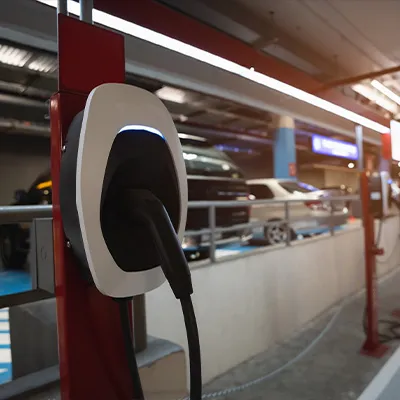Dyson moved its headquarters last year from the U.K. to Singapore, located in a former power plant.
Major consumer electronics company Dyson will establish a next-generation battery plant in Singapore, tapping technology from its abandoned electric-vehicle project in a bid to develop new products.
"Our advanced manufacturing expansion in Singapore will enable Dyson to bring entirely new battery technology to market," said CEO Roland Krueger.
The 23,000-sq.-meter plant is being constructed in the Tuas industrial district, in southwest Singapore. Production will begin in 2024, with the plant going into full operation in 2025. The investment amount is the company's largest ever for an advanced manufacturing base, said Dyson.
